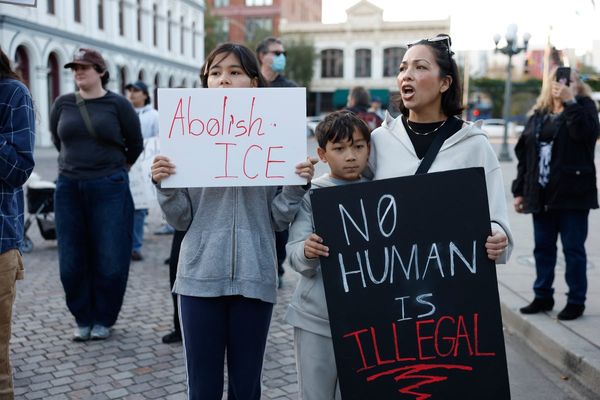
Judges seeking appointments to the federal bench, wealthy Republicans vying for ambassadorships, and individuals seeking pardons were among the high spenders at Donald Trump's Washington, D.C., hotel during his presidency, as per a report released by Democrats on the House Oversight Committee. The 57-page report highlighted how spending at Trump's luxury hotel by those seeking favors potentially turned the presidency into a 'money-making opportunity,' raising concerns about 'pay to play' scenarios if the GOP nominee were to be re-elected.
The report, focusing on spending by U.S. officials rather than foreign governments, revealed $300,000 of such spending in just 11 months of Trump's presidency between 2017 and 2018. However, the records examined did not consistently specify whether the funds were personal or from taxpayer sources, a crucial distinction to determine potential violations of the Constitution's emoluments clause.
Examples cited in the report included former ambassadors spending thousands at the hotel before and after their confirmations, and a campaign fundraiser spending over $15,000 before receiving a pardon for illegal lobbying. The committee's ranking member called for new legislation to prevent such spending, emphasizing the need to prevent corruption.
The Trump Organization dismissed the report as a desperate act by Democrats, while the Republican-controlled Oversight Committee labeled it as recycled information from previous investigations. The report was based on financial documents released by Trump's former accounting firm, Mazars, during the Democrats' tenure in control.
The report highlighted that at least 16 federal and state officials spent over $100,000 at the Trump International Hotel during the 11-month period, potentially involving taxpayer money. Spending by ambassadors from various countries often coincided with official business trips, with instances of choosing the Trump hotel over closer accommodations.
The report also detailed spending by future federal judges and individuals later pardoned by Trump, including real estate lawyer Albert Pirro and others. It added to previous findings that the Secret Service paid for rooms at Trump properties above government-approved rates while protecting the president and his family.
Reports by the Oversight Committee also revealed significant spending by foreign governments and officials at Trump properties during key policy discussions. Trump's company invested $200 million in renovating the Old Post Office building into a hotel, later selling the rights to a Miami-based group for $375 million.
The hotel now operates as a Waldorf Astoria following the sale. The report underscored the need for legal barriers to prevent potential corruption and conflicts of interest in future administrations.







